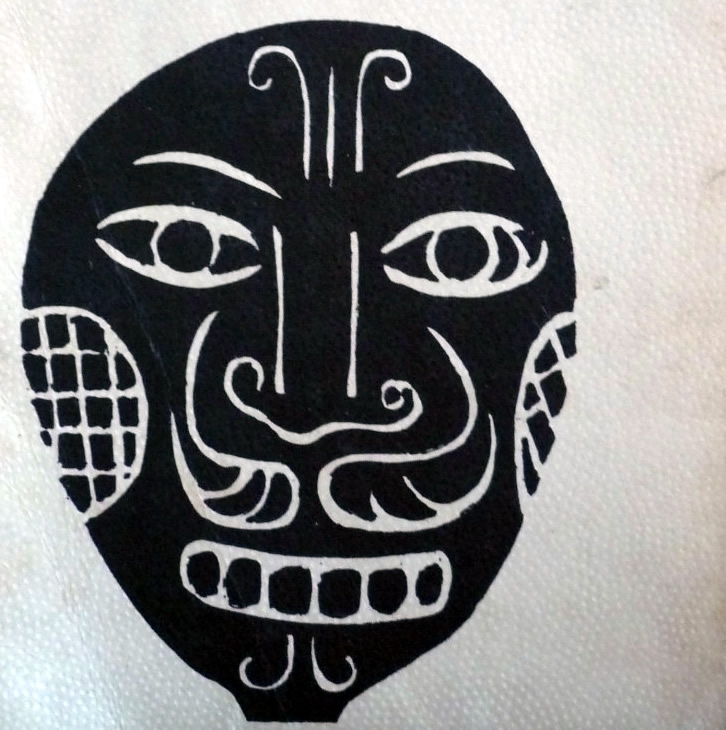science
‘Popol Vuh – or Book of Counsel of the K’iche Indians’
To read Popol Vuh is to enter into a cosmological narrative of spiritual ancestry

Leer el Popol Vu, es adentrarse en un relato cosmogónico y cosmológico en tono de ascendencia espiritual que a la vista del lector acostumbrado al relato lineal o al menos que requiera algún esfuerzo de comprensión, puede resultar complejo de asimilar.
Es una narración originalmente dictada mediante jeroglíficos por un desconocido aborigen de la cultura k’iche’, cuyo nombre “Popol”, vendría a representar “reunión, comunidad, casa común, encuentro”, y “Vuh”, propiamente “libro”; sería en definitiva algo así como “Libro del Consejo o Libro de la Comunidad”.
En esta recopilación de varias leyendas tiene un gran valor no sólo histórico en cuanto relata los orígenes más remotos de las etnias centroamericanas, sino también –quizás, sobretodo- espiritual, ya que algunos pasajes del libro hacen “sonar al oído” del cristiano, reminiscencias de los textos bíblicos.
Por ejemplo; el párrafo que dice: “No existía nada edificado. Solamente el agua limitada, solamente la mar tranquila, sola, limitada. Nada existía. Solamente la inmovilidad, el silencio, en las tinieblas, en la noche”, podría tener connotaciones con el texto de Génesis 1,2: “La tierra era algo informe y vacío, las tinieblas cubrían el abismo, y el soplo de Dios se aleteaba sobre las aguas”. O bien, con: Juan 1,1:
Más adelante, cuando Popol Vu, dice: “Entonces vino la Palabra; vino aquí de los Dominadores, de los Poderosos del Cielo, en las tinieblas, en la noche: fue dicha por los Dominadores, los Poderosos del Cielo; hablaron (…), podría connotarse con el inicio del Evangelio de San Juan (1,1): “Al principio no existía nada. Al principio era la Palabra (…)”.
Así, otras tantas similitudes que refieren al Popol Vu como un libro de un contenido que se puede leer, pero que como advierte al comienzo del mismo Libro: “Este libro es el primer libro, pintado antaño, pero su faz está oculta [hoy] al que ve, al pensador”.
- Título: “Popol Vu – o Libro del Consejo de los indios Quichés ”
- Autor: Desconocido
- Traducción de la versión francesa del profesor Georges Raynaud
- Instituto Cultural Quetzalcoatl de Antropología Psicoanalítica, A.C.
- Link: http://www.samaelgnosis.net/sagrados/pdf/popol_vuh.pdf
Translation of the French version by Professor Georges Raynaud
Quetzalcoatl Cultural Institute of Psychoanalytic Anthropology, A.C.
Link: http://www.samaelgnosis.net/sagrados/pdf/popol_vuh.pdf
To read Popol Vuh is to enter into a cosmological narrative of spiritual ancestry. For those readers that are accustomed to a more linear account, it may result difficult to comprehend.
It is a narrative originally conveyed through hieroglyphs made by an unknown K’iche aborigine, whose name “Popol” represents “reunion, community, common house, and encounter” and “Vuh” properly signifies “book.” It would essentially symbolize something like “Book of Council” or “Book of the Community.”
This collection of several legends has not only great historical value (since it describes the most remote origins of Central American ethnic groups) but perhaps most importantly, also has spiritual value. This is because some passages in the book sound very Christian and are reminiscent of biblical texts.
For example, the paragraph that says: “Nothing was built. Just the water that is limited; only the calm sea, alone and limited. Nothing existed. Only the stillness, the silence, in the darkness, in the night”, might have connotations with Genesis (1:2): “The earth was formless and empty, darkness covered the deep, and the Spirit of God hovered over the water.”
Subsequently, when Popol Vuh says, “Then came the Word, it came from the Dominators, from the Powers of Heaven, in the dark, at night,” one could infer the beginning of the Gospel of John (1:1): “In the beginning there was nothing. In the beginning was the Word…”
Thus, there are many other similarities that refer to Popol Vuh as a book with readable content but that cautions at the beginning: “This book is the first book, previously ignored, but its aspect is hidden [today] to those who see; the thinker.”
- Title: “Popol Vuh – or Book of Counsel of the K’iche Indians”
- Author: Unknown








You must be logged in to post a comment Login